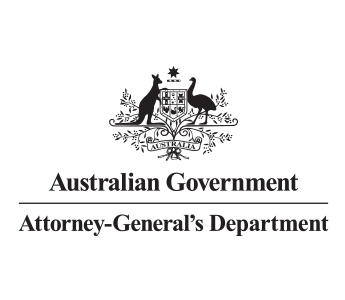Declarations or acknowledgements
Summary
Use declarations or acknowledgments to both communicate and confirm that a person understands their obligations and the consequences for non-compliance. The declaration could be written or verbal, and should encourage compliance and deter fraud.
Why this countermeasure matters
Not requiring declarations or acknowledgements may lead to:
- staff, customers and third parties committing reckless acts of fraud or error because they are not aware of their obligations and the consequences for non-compliance
- applicants providing false information or misleading statements to support a request or claim
- applicants concealing or withholding information that would affect their entitlement.
How you might apply this countermeasure
Some ways to implement this countermeasure include:
- requiring clients to complete a declaration when submitting a claim or request such as 'I declare the information provided is true and correct and I acknowledge the consequences for providing false or misleading information'
- requiring staff to sign a confidentiality declaration or acknowledgement confirming the applicant has read and understood privacy and information access policies
- requiring a statutory declaration to be provided with a claim or request
- completing an integrity review for all research reports before publishing, using a specific process and system
- obtaining consent from staff, recipients, contractors or providers for their personal information (including banking information) being shared to prevent, detect or investigate fraud.
- obtaining consent from contractors or providers to give access to premises/records to investigate fraud.
How to check if your countermeasures are effective
Here are some ways to measure the effectiveness of this type of countermeasure:
- confirm declarations and acknowledgements exist on relevant forms
- confirm the completion of a declaration or acknowledgement is mandatory and/or has legal effect
- review the content and wording to make sure it clearly encourages compliance and deters fraud
- check where/how records of completed declarations or acknowledgements are kept
- consult behavioural insights experts about the declarations and acknowledgements
- ask staff about their understanding of the declaration and the consequences for non-compliance.
Related countermeasures
This type of countermeasure is supported by:
Provide staff with adequate training to increase likelihood that correct and consistent processes and decisions will be applied.
Make sure requests or claims use a specific form, process or system for consistency.
Clear eligibility requirements and only approve requests or claims that meet the criteria. This can include internal requests for staff access to systems or information.
Make sure forms or system controls require mandatory information to support claims or requests.
These are penalties for customers, staff or third parties that commit fraud or do not comply with rules, processes and expectations.

